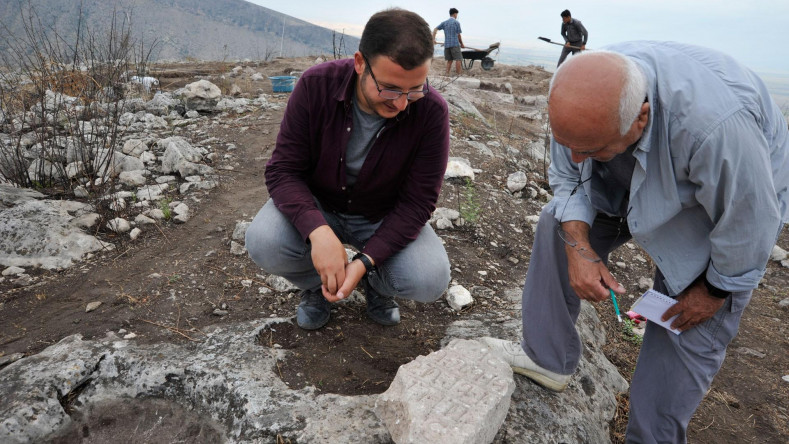
Culturologist says impossible to assess damages in Tigranakert archaeological camp amid continued Azeri shelling
The archaeological camp of the ancient Armenian city of Tigranakert in Artsakh is repeatedly targeted by the Azerbaijani troops, the head of the YSU Chair of Culturology, Doctor of History, Professor Hamlet Petrosyan told Panorama.am in an interview, noting the cultural monument is in the zone of active military operations.
Petrosyan, who leads the excavations in the ancient town, said that the area of Tigranakert comprising about 4 km is constantly being shelled, adding at the moment the damages inflicted on various sites cannot be assessed.
"The whole area of Tigranakert, which is on a mountain, comes under shelling. The town is clearly visible from afar. Our camp, which is also located in the area of the monument, about 200 meters away from the museum and the walls built by [King] Tigran, was shelled and destroyed. Now we do not know what the situation is in the other locations. We only assume that there are definitely damages, because the mountain is constantly shelled. Now it is impossible to study and evaluate the main sites of the monument," the archeologist said.
Petrosyan said that they have a monitoring group, which managed to visit and take photos of several areas. According to him, if the districts and the church of Tigranakert, already excavated by them, are damaged or destroyed, it will hardly be possible to restore them.
The professor stressed that Azerbaijan knows very well what is in that area, as the Academy of Azerbaijan and National Security repeatedly refer to the excavations carried out by Armenian archaeologists there, that is, they know very well that there is no military object in Tigranakert.
The culturologist does not pin his hopes on international cultural and humanitarian organizations that can stop the destruction of cultural monuments by Azerbaijan.
"If people are totally annihilated and no one worries about it, what should UNESCO say? In fact, the Azerbaijani aggression is much more total than the purely cultural element in it," Petrosyan stated.
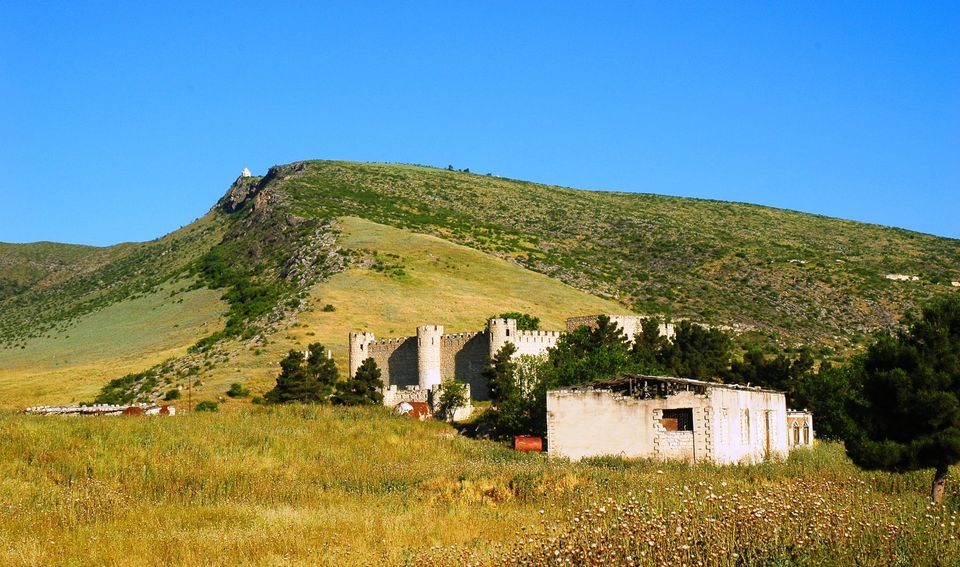
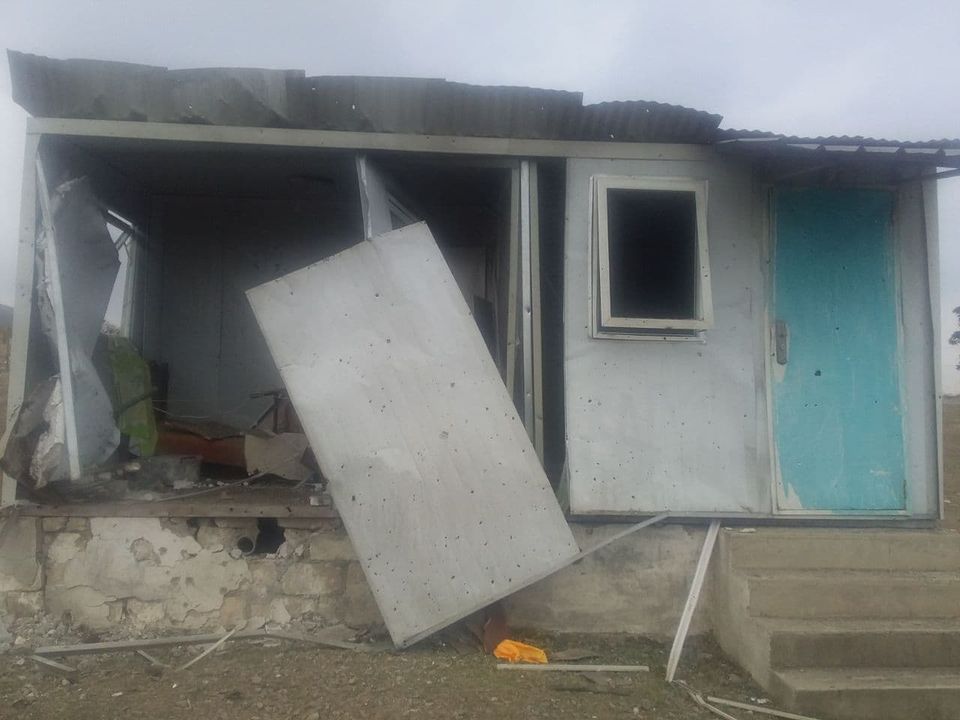
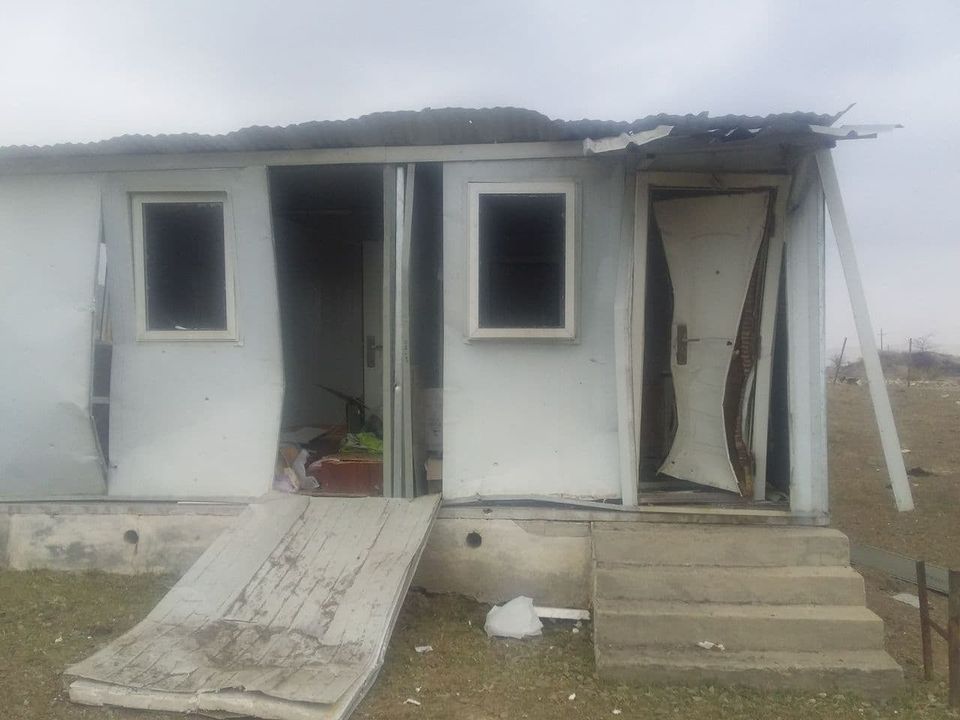
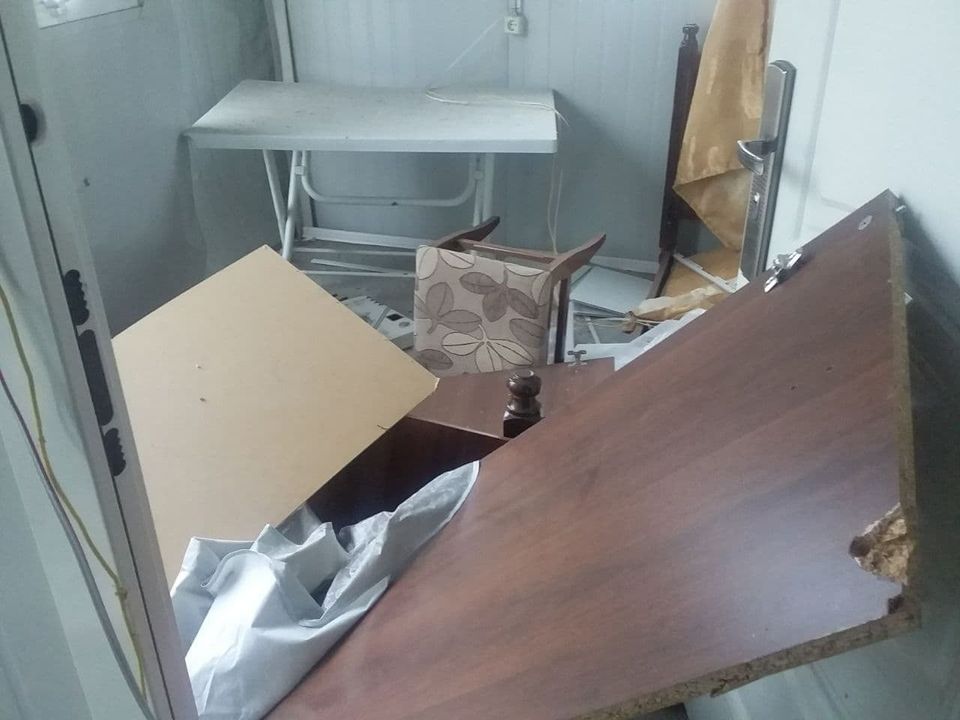
Newsfeed
Videos





.JPG)

























